PROTECT YOUR DNA WITH QUANTUM TECHNOLOGY
Orgo-Life the new way to the future Advertising by AdpathwayThe Lit Hub Author Questionnaire is a monthly interview featuring seven questions for five authors with new books. This month we talk to:
Grady Chambers (Great Disasters)
Julia Ioffe (Motherland: A Feminist History of Modern Russia, from Revolution to Autocracy)
Megha Majumdar (A Guardian and a Thief)
Damion Searls (Analog Days)
Erin Somers (The Ten Year Affair)
*
Without summarizing it in any way, what would you say your book is about?
Erin Somers: Fucking and sucking in the Hudson Valley.
Grady Chambers: In his beautiful memoir Life’s Work (one of the most resonant books I’ve read about creating art), the writer David Milch says something like, “The secret subject of every story is time,” which feels particularly true to me about Great Disasters. It’s about the yearning to have done things differently coupled with the impossibility of altering what took place. I think the book is also about how we might better care for other people, particularly those in our life who are most in need of it.
Julia Ioffe: Women carrying a broken country on their backs.
Megha Majumdar: What it means to love in a time of climate crisis.
Damion Searls: The vibe of being receptive to the beauty in the world while that openness makes it hard to fend off bad news and terrible things.
*
Without explaining why and without naming other authors or books, can you discuss the various influences on your book?
Julia Ioffe: The oral histories of one Belarusian author, who won the Nobel Prize for Literature in 2015, completely changed how I saw Russia and how I saw storytelling. She showed me how ordinary people are poets when describing the world around them.
Damion Searls: A book I translated where every day in a fixed span of time is a chapter, every chapter is a day. (Is that cheating? I didn’t name the book or author…) Also, so-called poets’ novels probably influenced me beforehand, and certainly consoled me afterwards for all the things a novel is “supposed” to be doing that my book doesn’t do.
Erin Somers: The postwar infidelity novel, my friends with young kids and their friends and those people’s friends, some eye-popping behavior I witnessed at a baby group.
Grady Chambers: Memories of the particular tenor of life in America during George W. Bush’s presidency, the melancholy of Pink Floyd’s “The Great Gig in the Sky,” the bodily presence of Lake Michigan, Four Loko when it still had caffeine, the lives of my parents, the lives of some of the people I grew up with, youthful narrators, Sunday scaries, narrative tones of longing and regret, the exhilaration and the joy.
Megha Majumdar: Jurassic Park, Scooby-Doo, and lunches with family, to name three.
*
Without using complete sentences, can you describe what was going on in your life as you wrote this book?
Grady Chambers: The end of a relationship, the death of our cat, the onset of the pandemic, my mom being diagnosed with cancer, leaving a job I didn’t like, moving more fully into a job I did, wildfires in Canada, a lunar eclipse, the 2020 election, small encounters amidst a longer relationship, a long drive to Michigan, a long drive to North Carolina, the U.S. withdrawal from Afghanistan, an enormous amount of movie watching, driving back and forth between Philadelphia and Chicago, serious solitude in my life, serious solitude in the lives of my friends, and reading all that back this book begins to make more sense to me.
Erin Somers: Caring for young children under extreme duress (global pandemic).
Julia Ioffe: Moving to a new house, travel to Russia, pandemic, unemployment, COVID × 5, grandmother died, new job, war, unable to return to Russia, new love, new baby, grandmother died.
Damion Searls: Tore my right Achilles tendon, lived non–trust-fund life in NYC, wrote a book about the Rorschach Test, went to bars, 2016 happened.
Megha Majumdar: Parenthood.
*
What are some words you despise that have been used to describe your writing by readers and/or reviewers?
Megha Majumdar: It’s a gift to have one’s writing read at all.
Julia Ioffe: “Emotional”—when they mean it in a bad way. Where did we get the idea that emotion is a bad thing, especially in writing?
Damion Searls: I don’t know, people have generally been pretty nice to me. But as a translator, I despise the one-adverb mention and otherwise ignoring that it’s a translation: “smoothly translated by…”; “ably translated by…” Even “beautifully translated by”—come on, man, try a little harder! You couldn’t get away with reviewing an untranslated book by calling it “beautiful” and moving on.
Erin Somers: “Unlikable characters,” as if it’s not by design.
Grady Chambers: The new year has commenced and I cannot in good conscience begin it by casting aspersions, regrettably.
*
If you could choose a career besides writing (irrespective of schooling requirements and/or talent) what would it be?
Julia Ioffe: I’d be a doctor, like my sister, mother, grandmother, and great-grandmothers.
Erin Somers: I should have been a doctor like Chekhov!
Megha Majumdar: Neurosurgery or deep-sea diving.
Damion Searls: Film editor (pre-digital).
Grady Chambers: I would run one of those street-corner newsstands where I’d offer the usual array of newspapers, coffee, candy, cigarettes, and lotto tickets—but also a variety of handsome odds and ends curated by yours truly.
*
What craft elements do you think are your strong suit, and what would you like to be better at?
Damion Searls: I am excellent at English-language word order. Good at juxtaposition. Good at endings. Bad at organic story arcs.
Grady Chambers: I think I’m good at pacing, voice, and creating a sense of atmosphere through descriptions of place and environment. I’d like to be more comfortable writing dialogue and better at slipping from generalized memory into a specific scene from memory in a way that feels natural and seamless to the reader.
Julia Ioffe: I think bringing the reader into the emotion, the feeling of the thing, is a strong suit, as is moving them along briskly through a story—making them feel like they’re being borne along on a current. I’d like to be better at structure and, as my editors can all agree, deadlines!
Megha Majumdar: I love thinking about and learning about plot. I’d love to write faster.
Erin Somers: I write good dialogue, but I wish I was [corporate self-evaluation voice] “less of a perfectionist.” I make myself sick over the writing. I work so intensely that I let myself deteriorate. While revising this novel, my left eyebrow fell out from stress. Not good! Then the treatment for the eyebrow made my face atrophy. I guess I’d like to be in the “no self-induced facial atrophy” group of writers. I wish it came a bit easier.
*
How do you contend with the hubris of thinking anyone has or should have any interest in what you have to say about anything?
Grady Chambers: A friend told me a story once (and Google tells me that this may be a somewhat oft-told anecdote in the Jewish community) about a rabbi who carried two slips of paper, one in each pocket. On one he wrote, “For my sake the world was created.” On the other he wrote, “I am dust and ashes,” and would take out each slip of paper “as necessary, as a reminder to himself,” to quote the version of it I found online. I have found that sensibility to be helpful.
Erin Somers: The many humiliations all writers experience on a rolling basis more than cancel out any sense of ego that might occasionally surface. I never lose sight of the fact that I’m lower than a worm.
Julia Ioffe: I don’t. Even after writing for a living for the last fifteen years, I am still in shock whenever someone tells me they’ve read me—and, crazier still, that it resonated for them. I still don’t get it at all.
Megha Majumdar: The book has to prove itself worthy of a reader’s time and attention. It’s a challenge I find invigorating.
Damion Searls: By not thinking that anyone needs to be interested. If they are, great. “Nobody should experience anything they don’t need to; if they don’t need poetry, bully for them, I like the movies too” (Frank O’Hara). This is also my answer when I’m asked why people “should read more translated literature.” I basically think that I write the kind of thing people like who like that kind of thing.


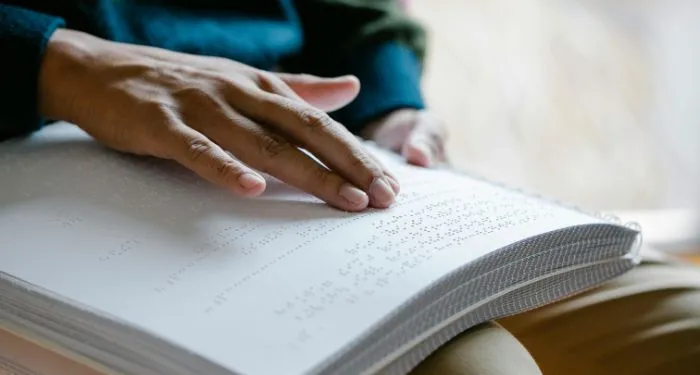
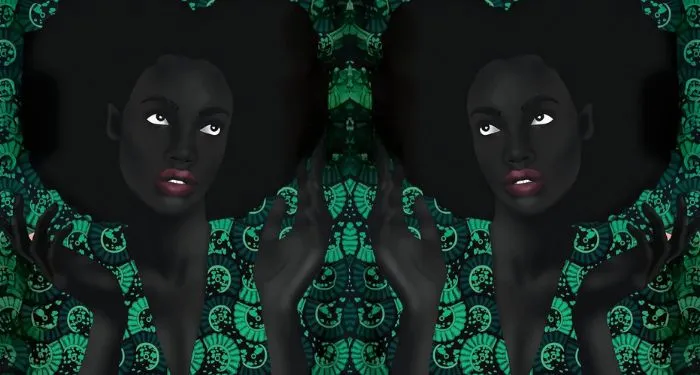
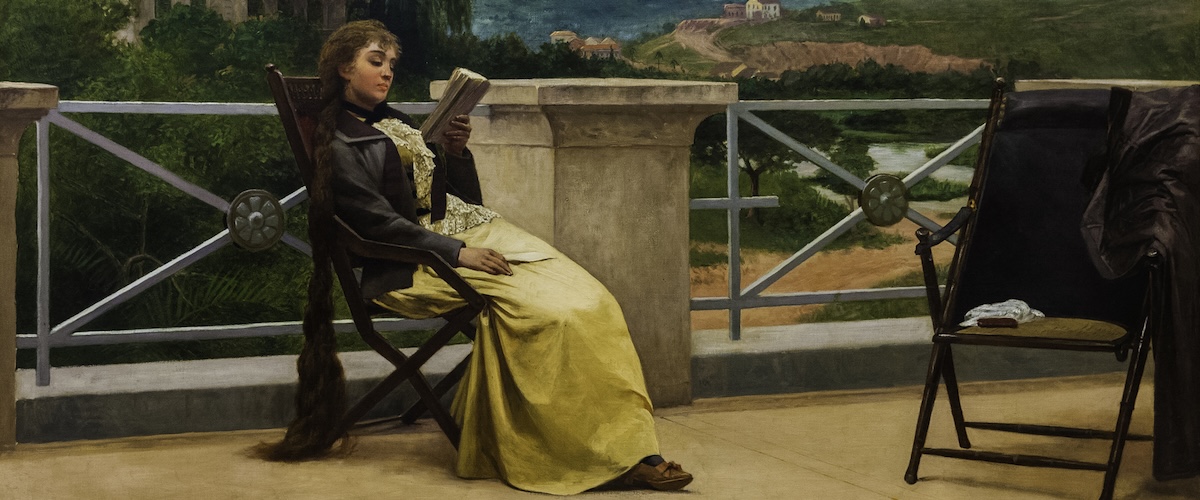
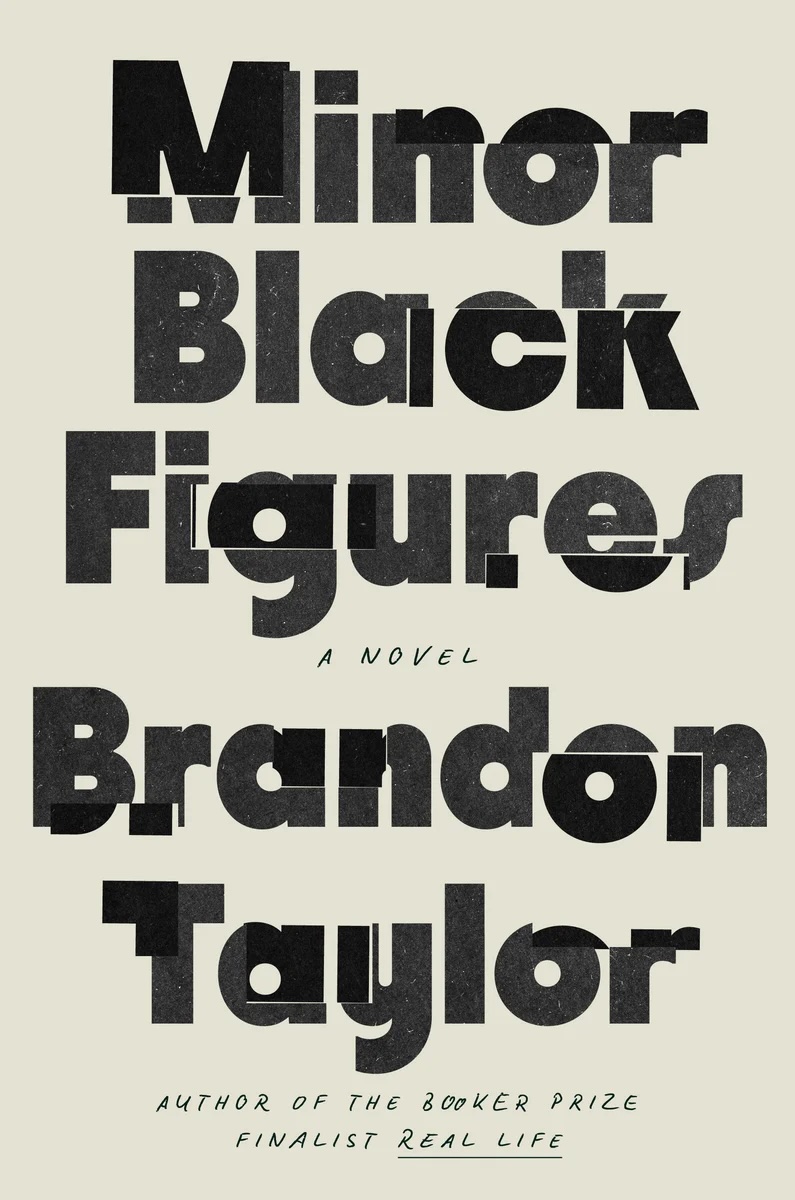


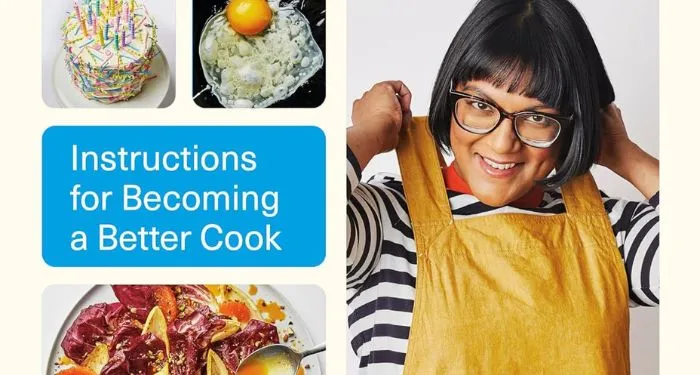
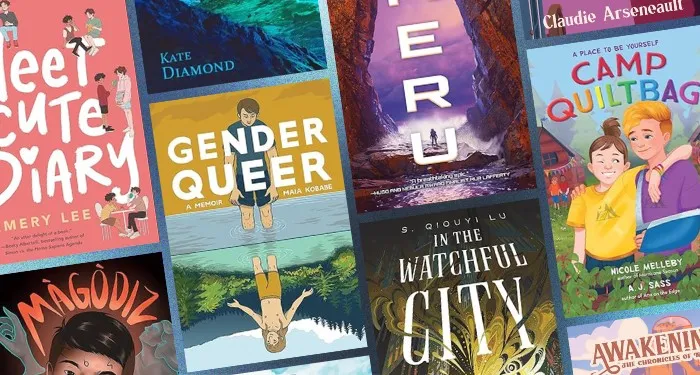











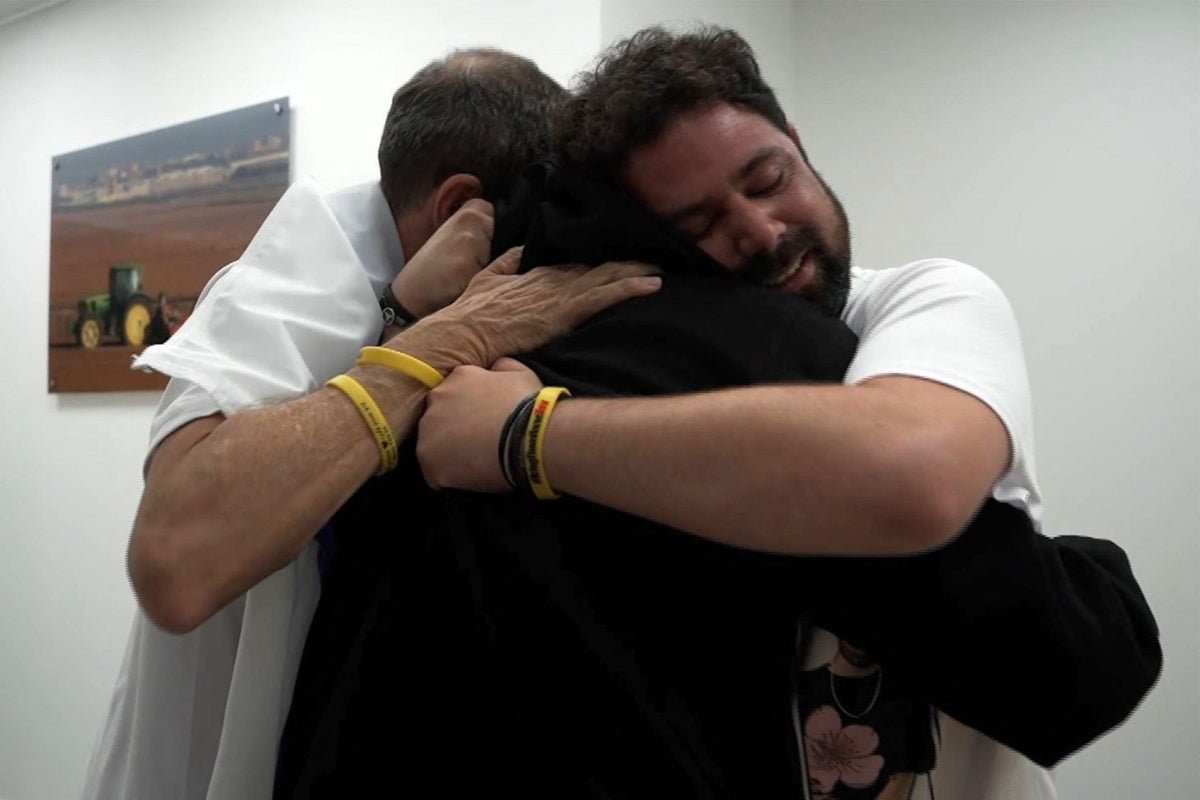

 English (US) ·
English (US) ·  French (CA) ·
French (CA) ·  French (FR) ·
French (FR) ·